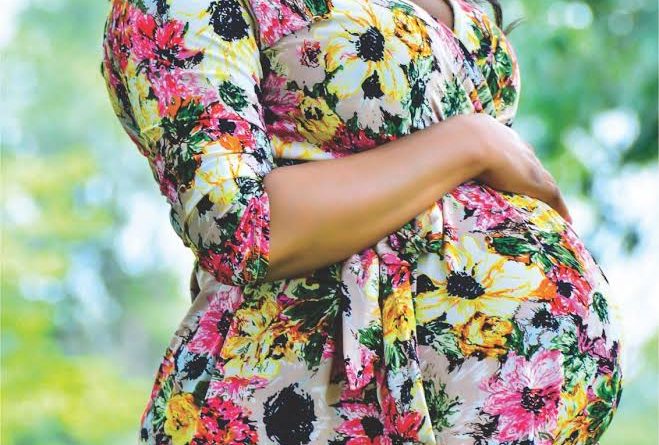Unsafe Abortion: Saving the Life of the Adolescent|Olubunmi Osoteku
Professionals define unsafe abortion as abortion done by somebody who is not medically qualified or by using a method that is not appropriate or recommended by the World Health Organisation (WHO). This practice has unfortunately become prevalent among adolescents.
Tomi is a beautiful, intelligent, disciplined female adolescent from a very religious background. She was brought up with the teaching that a woman should keep herself from sex until marriage and doing otherwise is a sin against God.
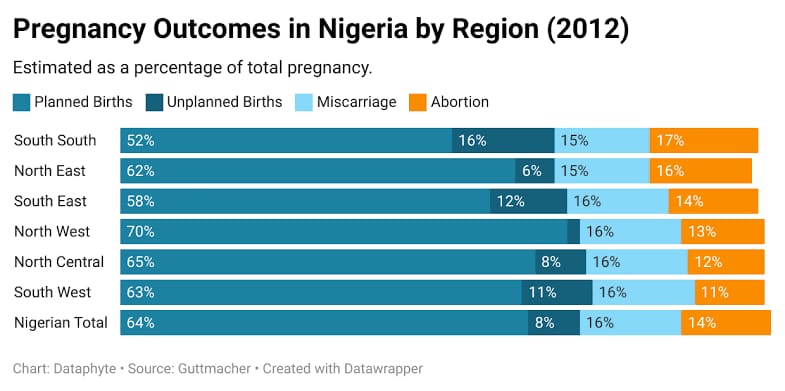
On gaining admission into secondary school, she mixes with the wrong crowd and gets influenced by peers who see nothing wrong in satisfying their desires, including having sex.
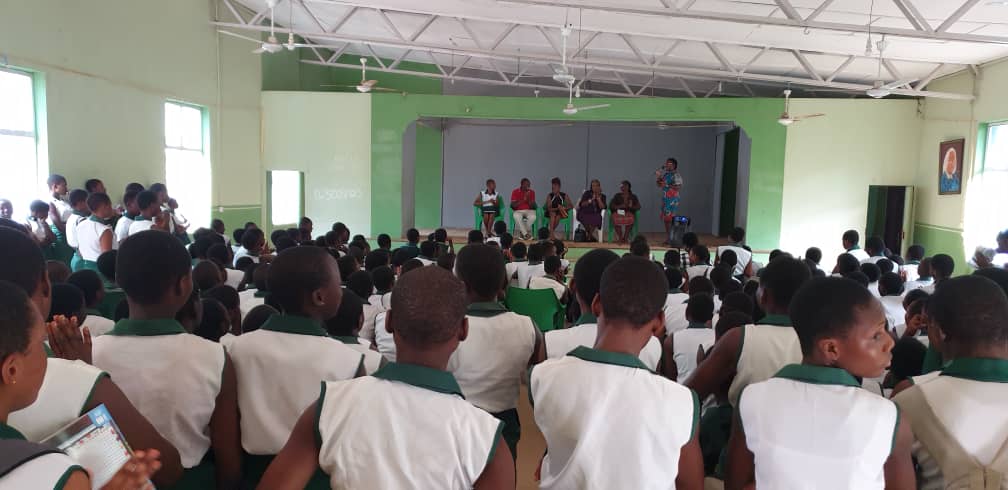
Eventually, Tomi gets pregnant! Her boyfriend denies the pregnancy and breaks up with her, saying he does not want to see her again. She is left on her own! Who does she turn to? Where does she go? What should she do? She is totally confused! How will she face society? The shame and stigmatisation will be too great. She cannot tell her parents whom she knows she has disappointed and who may disown her.
She turns to her friends who advise her to get rid of the pregnancy. Since she does not know how to and is not financially buoyant, they take her to a cheap clinic where it can be done secretly. The pregnancy is aborted.
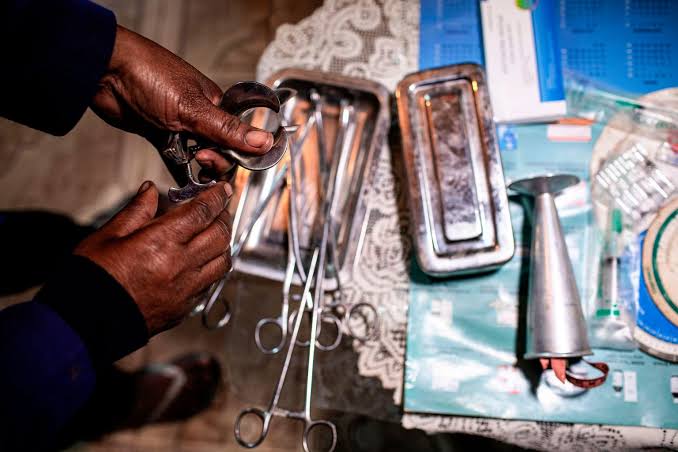
However, after some time, she starts having funny feelings in her abdomen. Then she starts bleeding profusely. Her parents are confused and rush her to the hospital, where the doctor confirms that she had an abortion done by a quack which has badly damaged her womb.
All efforts to stop the bleeding prove abortive and Tomi eventually succumbs to death, having lost too much blood. The life of a promising young girl cut short due to wrong choices, throwing her family, friends and society into deep sorrow and lamentation!
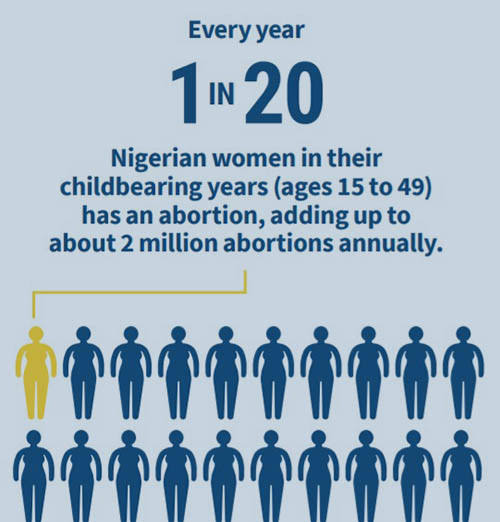
In the fiction above, Tomi’s situation and other similar situations are prevalent in our world today, as adolescent pregnancies and unsafe abortions remain major contributors to the high rate of maternal and child mortality worldwide.
Based on 2019 data from WHO, 55% of unintended pregnancies among adolescent girls aged 15 to 19 end in unsafe abortions, in low- and middle-income countries.
In Nigeria, the National Population Commission says 23% of girls between 15 and 19 years have started childbearing, causing complications which lead to diseases or death because of their immature bodies.
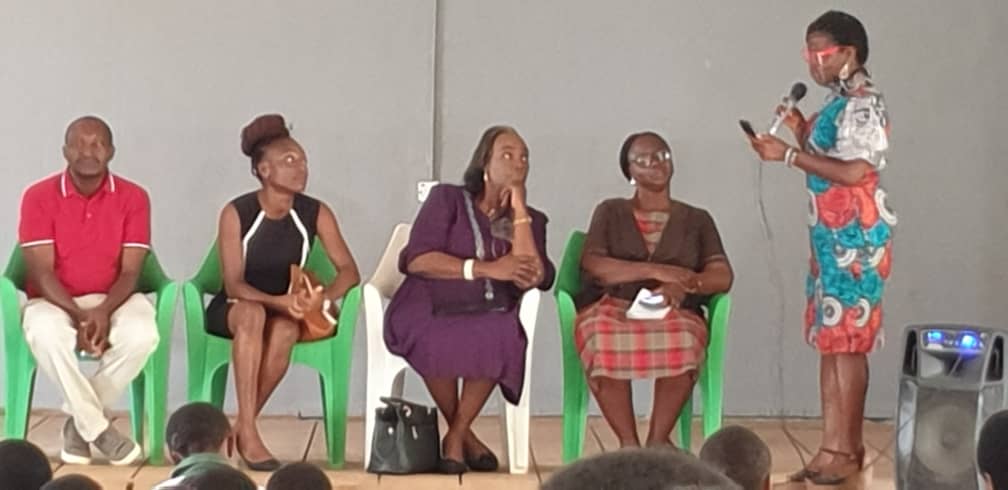
Public health experts say many adolescents engage in unsafe sex, which leads to unintended pregnancies and in the long run, unsafe abortions. The experts lament how the rate of unintended pregnancies and abortions is on the increase in Nigeria, causing a rise in abortion-related deaths. This happens when females take the option of terminating pregnancies they failed to prevent.
Expressing concern over the alarming rate of deaths resulting from unsafe abortion among adolescents, medical experts, scholars, and researchers in the field of public health have joined the call on government to significantly increase its investment towards ensuring adolescents have adequate sexuality education and information, as well as access to health services.
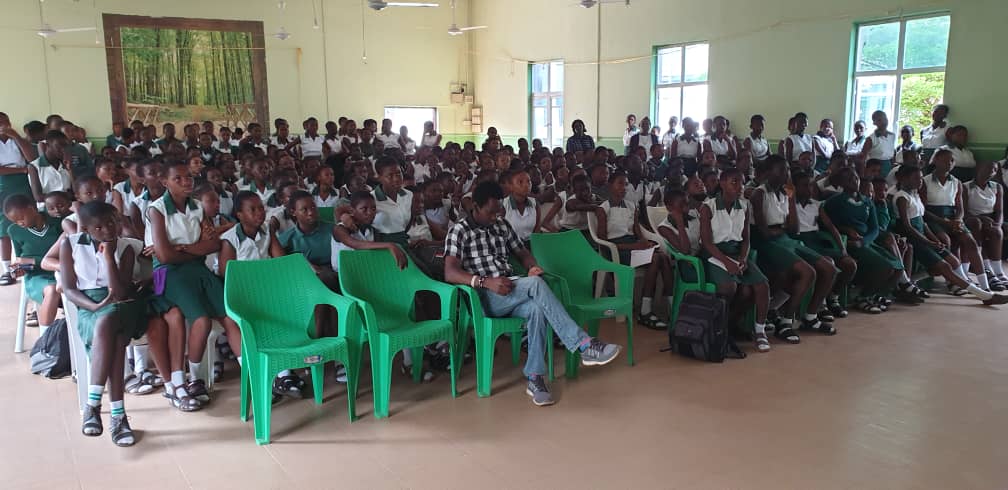
Leading the call, Prof. Adesegun Fatusi, a distinguished figure in the field of Community Medicine and Public Health, and Vice Chancellor, University of Medical Sciences, Ondo State, revealed that Nigeria currently carries the heaviest burden of maternal mortality, based on the latest research by WHO, which says approximately 20 women tragically lose their lives every day due to abortion-related causes.
The professor disclosed this during a special session on: “The Public Health Challenges of Unintended Pregnancies and Abortion: Global and National Dimension”, facilitated by a Non Governmental Organisation, Academy for Health Development (AHEAD), Ile-Ife, Osun State, in collaboration with Guttmacher Institute, New York, USA.
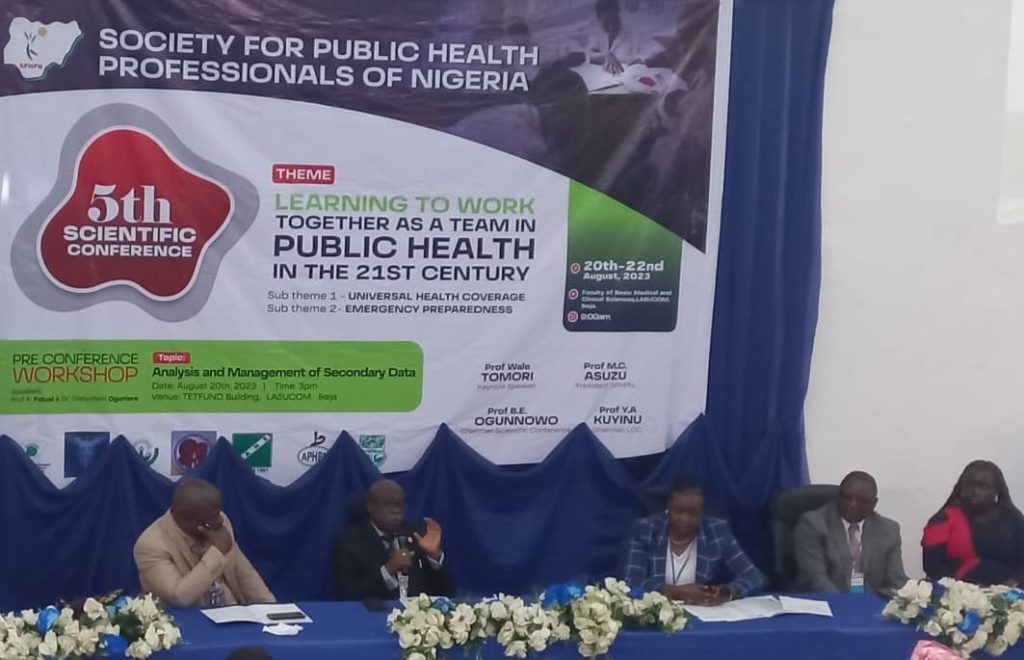
The special session was held as part of activities of the 5th Scientific Conference of the Society for Public Health Professionals of Nigeria (SPHPN), held at the Lagos State University Teaching Hospital (LASUTH), Ikeja.
Fatusi noted that the higher proportion of people who are affected by unsafe abortion are girls between the ages of 15 and 19, who neither have access to health services, nor money to procure a safe abortion. He urged government to work at improving the access of adolescents to comprehensive sexuality education, information on family life and HIV education, as well as quality services, in order to address the problem of unsafe abortion in Nigeria.
He stated: “First is health. We must improve access of women to information, education and quality services. Second is our laws, our norms and our social policies that discourage women from having access when they need to. It’s interesting to know that if a woman is dying of abortion complications today, our regulations, health services guidelines say that women must have access to services. If however the woman wants access to safe abortion, she cannot have it. So we must look at our laws and see what do we need to do differently?
“And the other thing we need to do is to look at our data and research to see what we can do to ensure that our women can access health services. What are the barriers between them and health services? What are the factors promoting unsafe abortion? What can we do about that? And if we are intervening, how do we monitor progress? Those are three fundamental pillars that we can look at in trying to address the question of unsafe abortion in Nigeria,” Fatusi explained.
In the same vein, at the special session, Elizabeth Talatu-Williams, the National Coordinator, African Youth and Adolescent Network on Population and Development (AfriYan Nigeria), said there are many adolescents and young persons who are engaging in unsafe sexual activities, which is predisposing them to unintended pregnancies, which on the long run, leads to unsafe abortion. She advocated proper sexuality education and safe spaces for adolescents.
Talatu-Williams stated: “Illiteracy does not mean you cannot read and write, in every area of our lives we have some type of illiteracy. So, for adolescents, they need access to comprehensive sexuality education. Firstly, to have safe sex when they must have sex. Secondly, what do you do if you have unprotected sex? I think it’s important and we must give access to that for our adolescents.
“We can determine to continue to play the ostrich rule, hide our head in the sand, but the truth is that our young teens are having sex. They are educated about sex through social media and we need to correct it, give them the right information and give them a space where they can ask questions so that even when they see it on social media, they can ask questions, they know who to go to,” she argued.
Likewise, Emmanuel Ajah, the Country Director, MSI Reproductive Choices Nigeria, believes that government needs to show more commitment beyond mere rhetoric, be more sincere and give support to the drive of sexual and reproductive health services.
“Even when providers are trained on services, there are no commodities available when people get into the facilities for them to be able to take up some of those services. We must ensure that there are many more people that are trainable and that can be equipped to continue to provide services.
“At the religious, traditional and cultural levels, we need to ensure that all of those social norms and cultural changes that continuously impede the uptake of family planning services are addressed. I think people have seen the need for our girls to be able to make choices as part of their lives. So, it has become really very important that we give them that support,” Ajah affirmed.
Lending their voices to the call, panelists in a discussion titled, School Health: Preventing Unintended Pregnancy and Unsafe Abortion among Adolescents in Ibadan, held at St. Louis Grammar School, Mokola, Ibadan, Oyo State, were unanimous in the decision that the society, including parents, religious bodies, health experts, and schools should be more involved in the life of adolescents and give them moral education in order to guide them in making right choices.
One of the panelists, Dr Adedade Adegoke, an obstetrician-gynecologist in Ibadan, opined that adolescents need to have adequate social support to help them make the right choices, saying the society should be less judgemental. This is because the cultural environment makes it difficult for adolescents to speak out when they get into such trouble as unwanted pregnancy, because of the stigmatisation involved, among other things.
According to Adegoke one of the first things that is important is to speak to people who can help. These could be people from the family, the parents, from school, or from church. That is why it is important for us to have social environments that are open and receptive to these people, thereby encouraging them to speak up, because stigma prevents a lot of people from speaking up.
“So it’s important we have an environment that will listen to them when they make a mistake because at one point or the other, everyone makes a fault or the other. If one cannot find that kind of support, it’s important to go to a hospital that is certified and reputable so that they can get the kind of help they need to prevent unsafe abortion,” she advised.
Charity, they say, begins at home. The government alone should not be saddled with the responsibility of caring for the adolescents. Mrs Aboyede Ojo, another panelist and mother of three adolescents, in Ibadan, believes that if adolescents are properly guided by their parents, who make out time to understand them and speak their language, the rate of unintended pregnancies and unsafe abortions among adolescents would most likely be minimal.
Ojo said: “You have to come down to their level. You have to speak their language because at times they might be saying something but they might mean another thing. So when you understand them it will be easy for you to penetrate into their mind and from there you can talk about things such that you don’t make it look outrageous when you’re talking about sex because when you mention sex they may want to shy away.
“But by the time you understand how you can talk about it that they won’t be shy about it, they will open up. The basic thing is that parents should get to understand them, get to talk with them on a daily basis as time permits. I know parents can be busy but if you want to enjoy your children in your old age you too have to make time out so that you can have peace at your old age too,” she asserted.
Similarly, Pastor David Bello, a clergy with the Word Alive Ministries International, Ibadan, Oyo State, South West Nigeria, maintained that building adolescents up, giving them moral advice, motivating, advising, and counselling them is very necessary and a core responsibility of the church.
Bello noted: “The church should take their interest seriously by setting up their own kind of assembly where they can meet, communicate, fellowship, build capacity, engage in regular social interaction, social activities, games, picnics, competitions, and relate with one another to build confidence because most of these vices are as a result of loss of self confidence.
“The church should give them their own kind of pastor, a youthful pastor that they can connect with, relate with so that they would have opportunities to really discuss. And if there are burdens that they would ordinarily not want to disclose to the adult population because of fear of how they would be treated, they would be more comfortable to relate with a younger pastor,” he suggested.
On his part, a Muslim cleric, Mr Oladapo Ibikunle, revealed that Islam frowns at sex out of wedlock and abortion, but permits abortion only if it happens within wedlock because the pregnancy is a threat to the life of the mother, asserting that if an adolescent gets pregnant and aborts the pregnancy, she has committed two sins – sex outside marriage and abortion, and if she dies in the process, she has committed a third sin, which is suicide.
He called on Islamic bodies, as well as parents, to support the Federation of Muslim Women’s Association of Nigeria (FOMWAN), which has been making great efforts where the issue is concerned, by sensitising and educating adolescents and helping them know that they are not supposed to go close to sex until they are married.
“Then Islamic clerics too, whenever they’re making their sermons, whether on Friday or during public lectures, should dwell more on how to prevent our young girls from falling into these kind of sins. Everything is not just about how to make ablution or how to pray. The onus is on them to ensure that these young girls are taken care of, and they are enlightened right from their childhood, till they attain puberty and get married,” Ibikunle opined.
Experts agree that it is difficult, if not impossible, to prevent adolescents from engaging in unsafe sexual activities, which could result in unintended pregnancies, sexually transmitted infections, abrupt stop to education, stigmatisation, ²disease, unsafe abortion and ultimately death, among other things.
The increasing rate is a menace that is truly worrisome. It is therefore imperative that adequate sensitisation and comprehensive sexuality education be provided for adolescents in Nigeria, in order to prevent unintended pregnancy and unsafe abortion, and help them make the right choices.

